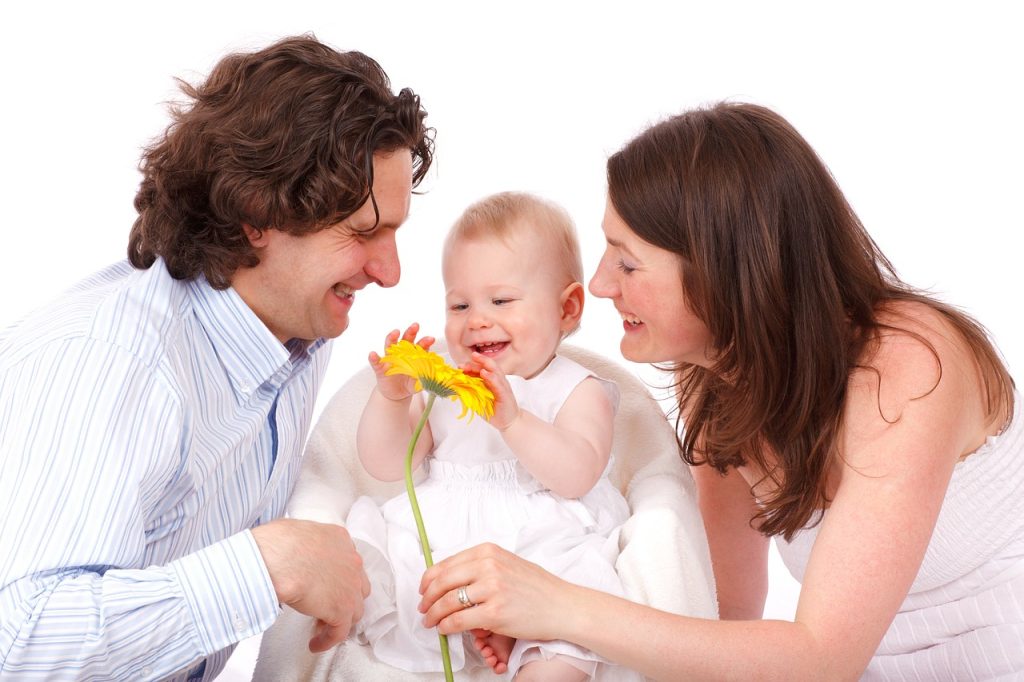A 21 year old British female soldier gave birth while serving on the front line in Afghanistan while not realising she was pregnant – even despite an 8km run as part of her training! Although born almost 5 weeks early, mum and baby are both in a stable condition and are due to be flying home in the next few days.
Yes, if you’ve ever given birth, this is REALLY hard to imagine! Most of us put on at least a couple of stone, and by the end of pregnancy feel very much as though it is dominating our entire being, so it is difficult to imagine how anybody could get to the later stages of pregnancy and not realise it. Surely she felt SOMETHING, right?! Well, in some cases women do not show a bump and continue to have periods for the duration of the pregnancy.
Research conducted in Germany in 2002 found that 25 out of 475 mothers did not realise they were pregnant until they went into labour.
‘How can this be?’ we hear you ask…. As ever, the Oracle that is Nannyjob comes to the rescue with the most common reasons this might happen:
The extra pounds associated with pregnancy may not be as noticeable for women who are already overweight. Excess body fat, especially around the stomach area, can help hide the presence of a baby – even from its mother. It’s also important to note that not all pregnant women carry their unborn babies similarly, which influences how large and round a woman’s belly may appear. If baby is growing tucked high under the ribs, or settles in a breach position, it can be much harder to detect pregnancy.
Most pregnancies induce morning sickness, tender breasts, headaches, food cravings, back pain, soreness and weight gain. Since the hormones related to pregnancy affect different women in different ways, it’s not surprising that some experience different pains and sensations, and rarely some experience barely any at all.
- Irregular menstrual cycles
Occasionally, pregnant women continue to experience period-like bleeding, which deceives them into thinking they’re not pregnant.
Stress can negatively affect a woman’s attitude toward pregnancy. Immense pressure and distress can push even the healthiest of women to deny the reality of pregnancy. Stress can affect the regularity of a woman’s menstrual cycle, so a woman who misses a period because she’s pregnant may falsely attribute her irregularity to stress
Whether the baby rests in such a way that makes its movements hard to detect or it’s simply less active than others babies, movement in the womb — or lack thereof — can shape a woman’s perception of her pregnancy.
- Mistaking pregnancy symptoms with another health issue
In some circumstances, a woman might not know she’s pregnant because she believes her pregnancy symptoms are caused by some other health problem. Women with a history of ovarian complications such as tumours or cysts may attribute discomfort or pain to their previous condition.
Source: Discovery Fit & Health
Here at Nannyjob we wish the British soldier and her new baby all the very best, and a safe journey back to their family in the UK.


